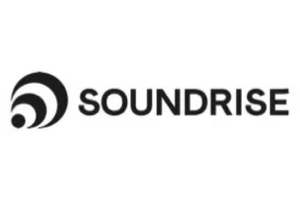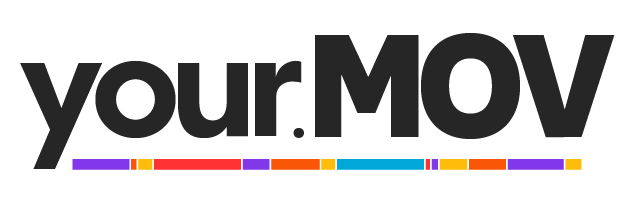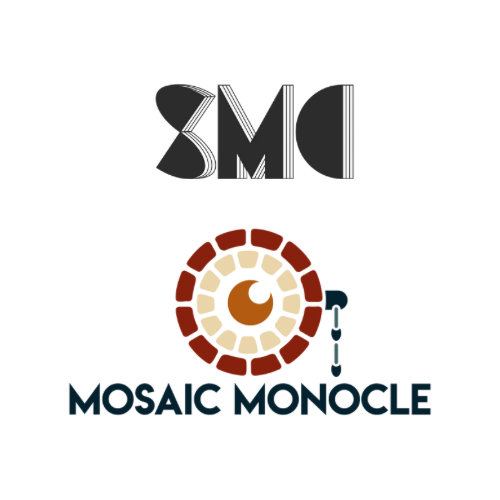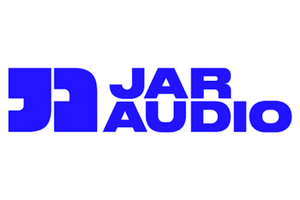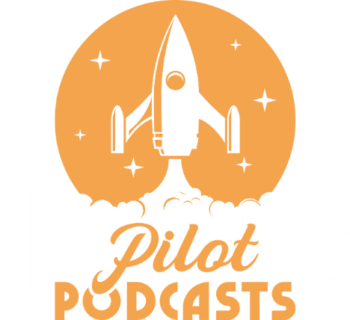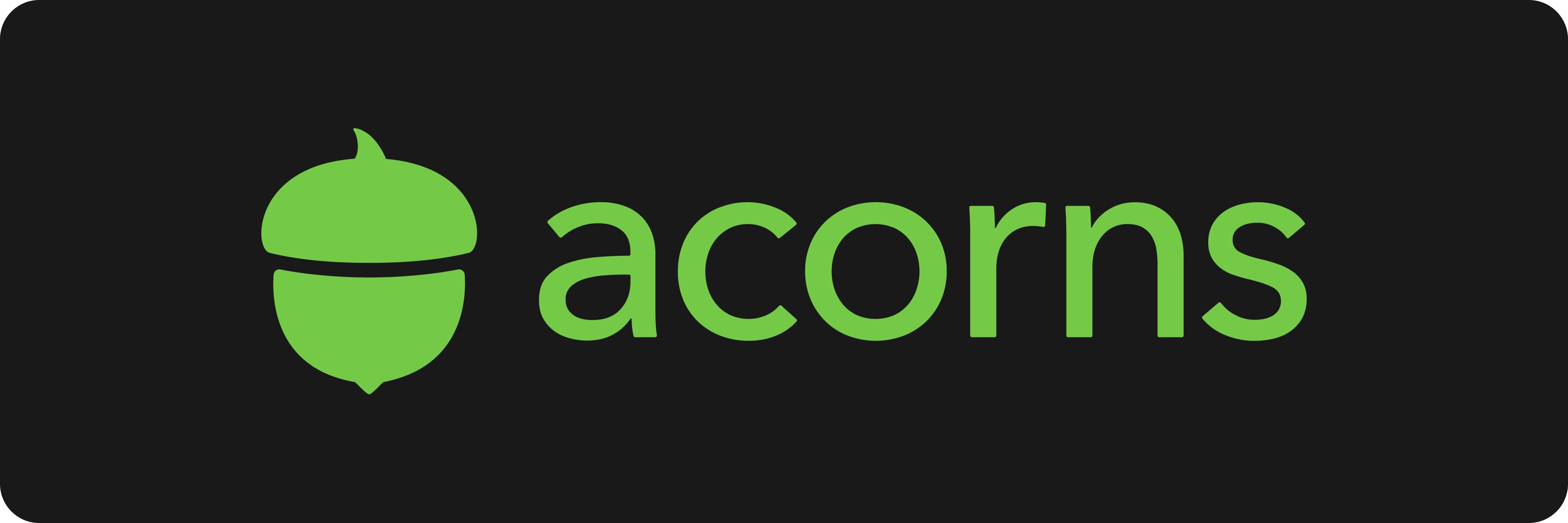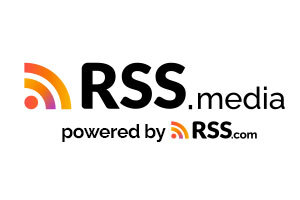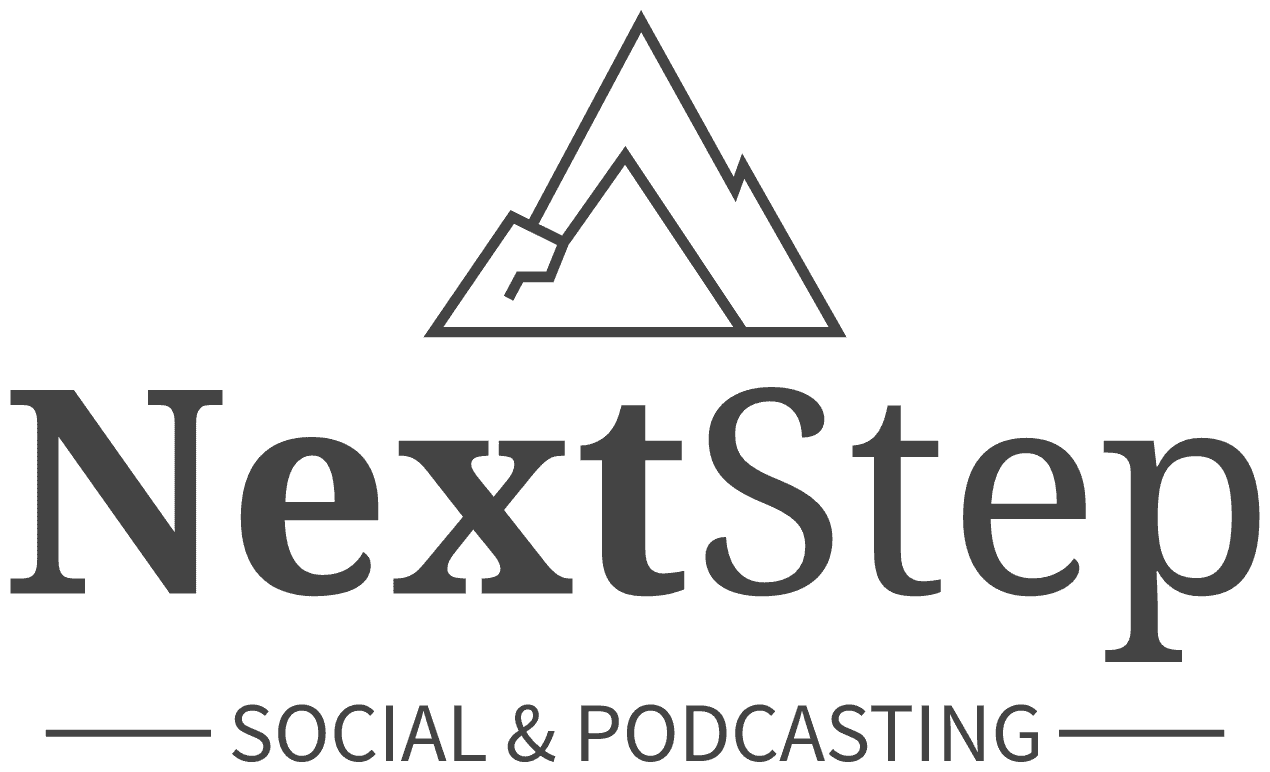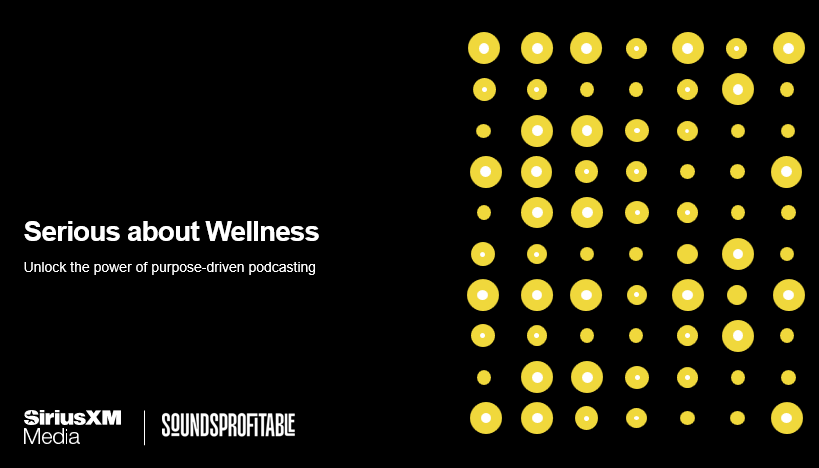This week on the Product Deepdive, CEO Tony Simmons walks through the Sonnant insights dashboard. See how Sonnant contextualizes, categorizes, and indexes everything to get an overview of content, enabling more informed sales decisions. Tune in now!
The Sounds Profitable team just returned from London, where we hosted a partner event on the eve of another very successful Podcast Show. It was a crazy and exhausting week of “peopling” for me, but I did manage to squirrel away a few notes about all of the breaking news of the week.
One bit of news that broke was Spotify’s Bill Simmons casually mentioning on his podcast that Spotify was working on AI technology to “deep fake” voices like his to use in podcast advertising. According to Simmons, “We’re developing that stuff…there is going to be a way to use my voice for the ads. You have to obviously give the approval for the voice, but it opens up, from an advertising standpoint, all these different great possibilities.”
I have seen some podcasters recoil in horror at this – if it weren’t bad enough that Skynet will take all of the writing jobs in the entertainment business, our voices and potentially our children are next! I’ve already written at length about what AI potentially means for those of us in the creator space – I think it’s a force multiplier for talented people. I use it all the time to help organize my thoughts and distill ideas – it’s the assistant I never had! Sounds Profitable also spent a year working with Veritone, specifically their voice product, to translate Bryan’s voice and synthetically create a Spanish version of our narrated articles podcast, and the tech is even more advanced today.
I think the best thing you can say about what we call “AI” is that it isn’t really intelligent in the way that we are. It allows you to query existing data and get back normal-sounding answers, but it’s a predictive engine. So it’s not going to come up with anything “new” in its current state.
But I am sympathetic to the concerns that podcasters, particularly hosts and voice talent, share about the growing role of AI. I first saw it working with the Audio Publishers Association on their annual audiobook listener research studies, which I was fortunate enough to direct for about ten years. Even before ChatGPT and “deep fakes” became part of common parlance, narrators have been concerned about AI voice technology taking their jobs as the tech continues to climb out of the uncanny valley toward widespread adoption.
Proponents of using AI narrators point out that most books don’t have audio versions because it makes zero economic sense to create them for books that aren’t destined for bestseller lists or airport Hudson’s tables. Creating an audio version of, say, a business book with low sales at the push of a button increases distribution possibilities and enables accessible versions of books that are otherwise not economically viable. AI will also probably not take the jobs of ace narrators like Scott Brick, RC Bray, Robin Miles, or Davina Porter because those narrators have built a following and brand based on their enviable talent. The industry is also seeing more celebrity narrations, full-cast productions with music, and the fascinating hybrid projects that people like Malcolm Gladwell have brought to the space.
Still, technology (especially the Internet) has been brutal to the “middle class” in almost every field over the past few decades, and spoken word audio will never be immune to that. If AI enables audio versions of content on the skinny end of the long tail and doesn’t replace (at least without compensation) the work of the most successful voices on the fat end of the tail, it threatens the middle class. Just as the Internet demolished the middle layer of so many other businesses, from stock brokers to travel agents to bank tellers, it’s coming for podcasters and audiobook producers.
The good news about AI, though, is that if you are a creative talent, this technology can enable you to offload the least creative aspects of your job so that you can focus on being the best, uncopiable creator you can be. And it is potentially excellent news for advertisers, advertising efficacy, and the entire long tail of podcasting that is struggling to monetize at scale.
Here are three potential uses, just off the top of my jet-lagged brain:
Better Programmatic Ads
Buying host-read ads at scale is currently a logistical donnybrook between sales and operations and writers and talent. It’s why we have re-used broadcast radio creative in podcasting in the first place – it’s an intractable problem for national advertisers like GEICO or brands subject to additional regulation, like financial services and healthcare. But if a “host read” ad for one of these brands could appear on your show without all that friction, then maybe you could start getting some of that sweet, sweet GEICO money without taking the Gecko.
Why would you give up this kind of control, you might ask? Some would; some wouldn’t. But wouldn’t it be nice to have the option to get those kinds of programmatic buys on your podcast, where currently, brand safety and suitability concerns are taking your show off the table? I bet most would consider it a fair trade. Besides, host-read ads (even if they are, with your permission, AI-generated) are more effective, as we saw in Sounds Profitable’s 2022 study After These Messages. More effective = more sales = more repeat buys = a car payment. Today, companies like Decibel, AdTonos, and mowPod are already using AI to craft advertising collateral, and there is much more to come.
Creating Local Jobs and Community Services
Do you know what the Internet did kill? Local news. Unless you live in a major market, you don’t have a local newspaper doing local journalism, and you don’t have a local radio station originating local news. You have syndicated content. As economies of scale hit local TV, Radio, and Newspapers, it simply became cost-prohibitive in mid-to-small markets to effectively cover those markets from a broadcast perspective. Even in large markets, the start-up and run costs of local news are too much to bear. I consulted a radio station in Dubai for over a decade, and every year their research came back that the residents of Dubai were crying out for a local news and information station. And every year, that finding was rejected as cost-prohibitive.
But imagine that with the push of a button, a continuously-updated, on-demand audio product could be generated in real-time with local traffic and weather services, truly local sports coverage, and local journalism. We are starting to see things like this happen with companies like BG Podcast Network in Georgia and their work creating podcasts for local newspapers – imagine if this became even more scalable and cost-effective.
Of course, doing this for an AM station would require a huge cash outlay. But doing this with AI might provide this kind of offering where there hasn’t been for many years. That’s good for the community. And it opens up jobs for local writers and local journalists to provide that content without the constraints of a printing press or a tower and to have that content updated morning, noon, and night for habitual listening. The possibilities there are to create jobs, not take them, because many markets have already lost those jobs.
Make The Bill Simmons Podcast Suck A Little Less
I have two admissions here: one, I am a regular listener to Bill Simmons. His content is directly in the sweet spot of my interests in sports and pop culture. And two, I skip the pre-roll ads every time. There, I said it. But I don’t skip them because I am one of those people who refuse to hear an ad. I listen to most ads. But I skip those ads because the creative for some of them is rarely refreshed. I have heard the Exact. Same. Ad. for ZipRecruiter and Simply Safe and any number of frequent advertisers for MANY months, and the quirky, delightful way Simmons reads those ads only makes the fact that they are never refreshed stand out even more.
I get it. It’s a lot of work to continually refresh those ads, especially for Simmons, who frequently guests on all of the podcasts in his Ringer network, which seemingly ranges from 4 to 100 appearances a week. It’s simply not practical for him to refresh all of these ads all the time. But, if an AI, with training and permission (and compensation), can do this, isn’t this a win-win for all involved? Bill can focus on the show, the listener gets continually refreshed content, and the advertiser will surely get a better result, which means more buys.
I generated these ideas in about five minutes. You’ll have more and better ideas. But, again, I am not trying to be dismissive of the legitimate fear that AI is going to result in some people losing their jobs. It will. But in their place will be other, new jobs as our workforce once again begins a great reallocation. We survived the steam engine and the assembly line. We will survive this, as well.
I leave you with the wise words of the poet Homer Simpson: “You gotta be pretty desperate to make it with a robot.”
New Partners
Sounds Profitable exists thanks to the continued support of our amazing partners. Monthly consulting, free tickets to our quarterly events, partner-only webinars, and access to our 500+ person slack channel are all benefits of partnering Sounds Profitable.
- A podcast marketing platform made specifically for B2B brands, Casted empowers marketers to maximize and measure the business impact of their audio and video content.
Want to learn more about partnership? Hit reply or send us an email!
































